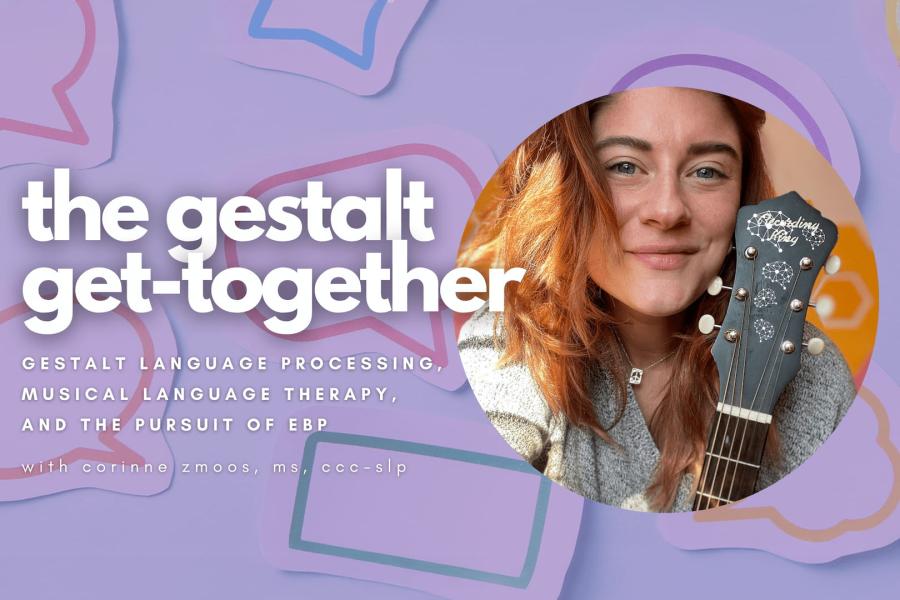Emily highlights the challenges that SLPs face when working with gestalt language processors, including imposter syndrome, which is the persistent feeling of self-doubt despite professional competence. She explains how many clinicians struggle with supporting autistic clients because traditional models of speech therapy focus on analytic language development. Additionally, Emily introduces justice sensitivity, which refers to an individual’s heightened awareness of fairness and injustice. This trait has shaped her advocacy for neurodiversity-affirming care, an approach that respects neurodivergent ways of communicating rather than forcing them to conform to neurotypical standards.
The conversation also critiques compliance-based therapy, a model that prioritizes behavioral conformity over authentic communication. Emily argues that therapy should focus on honoring a child's natural communication style rather than extinguishing behaviors deemed "atypical." Instead of suppressing gestalt language processing, SLPs should support autistic individuals in expanding their communication through natural language acquisition (NLA) principles. By recognizing and respecting these differences, clinicians can provide therapy that is both effective and ethical.
Key Takeaways:
- Gestalt Language Processing (GLP) differs from traditional language development and requires specialized intervention.
- Justice sensitivity can drive clinicians to challenge harmful therapy models and adopt neurodiversity-affirming care.
- Rejecting compliance-based therapy allows autistic individuals to develop authentic, meaningful communication skills.




















